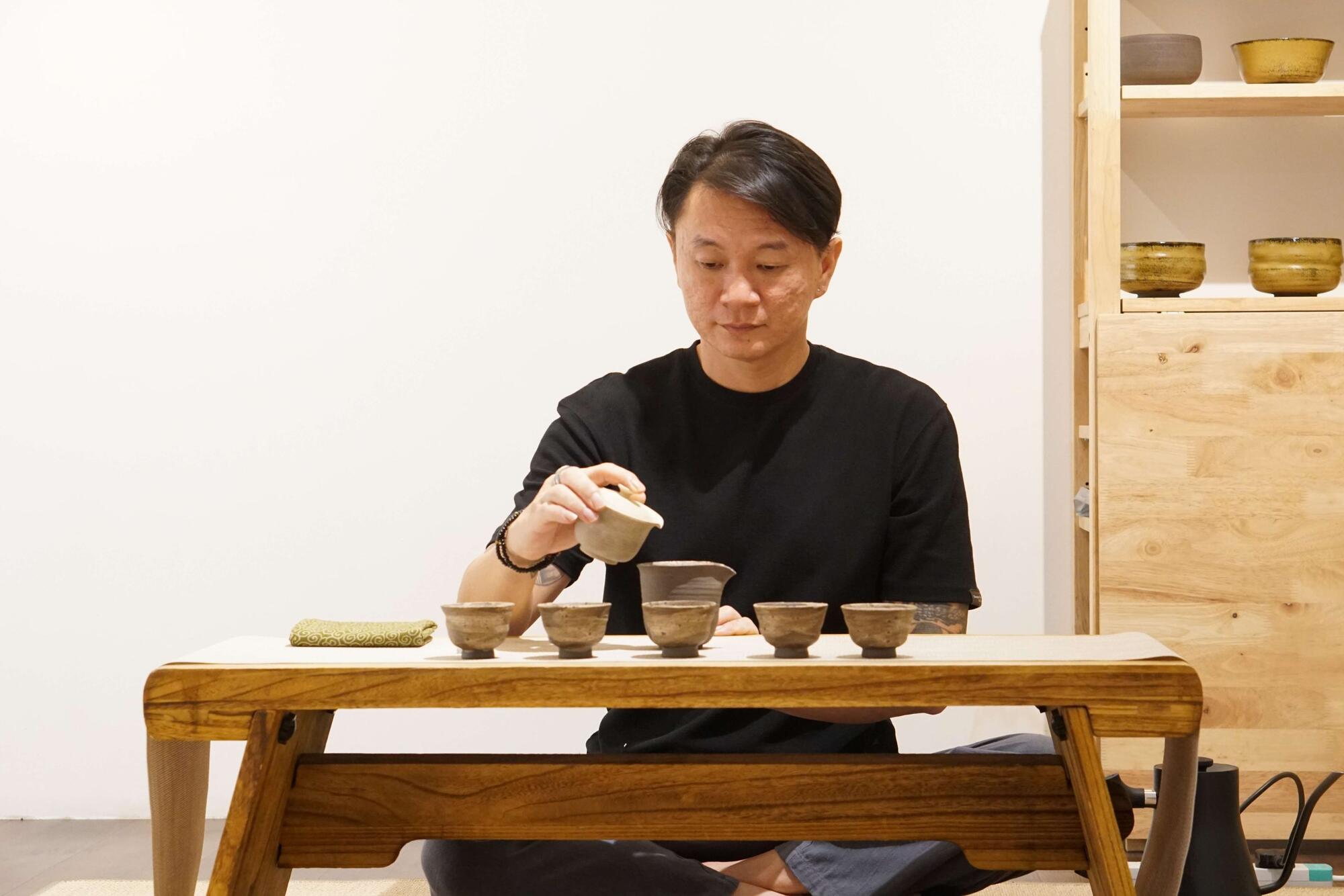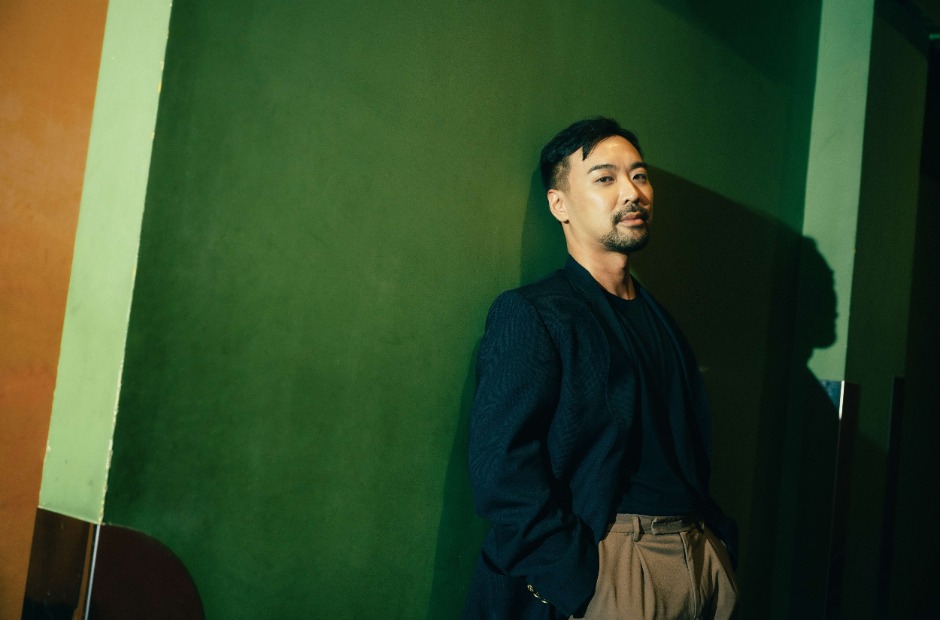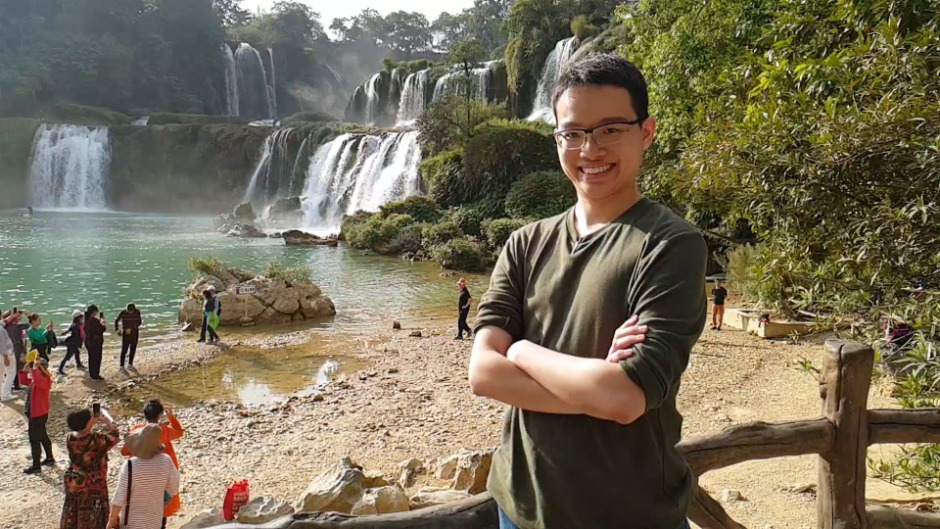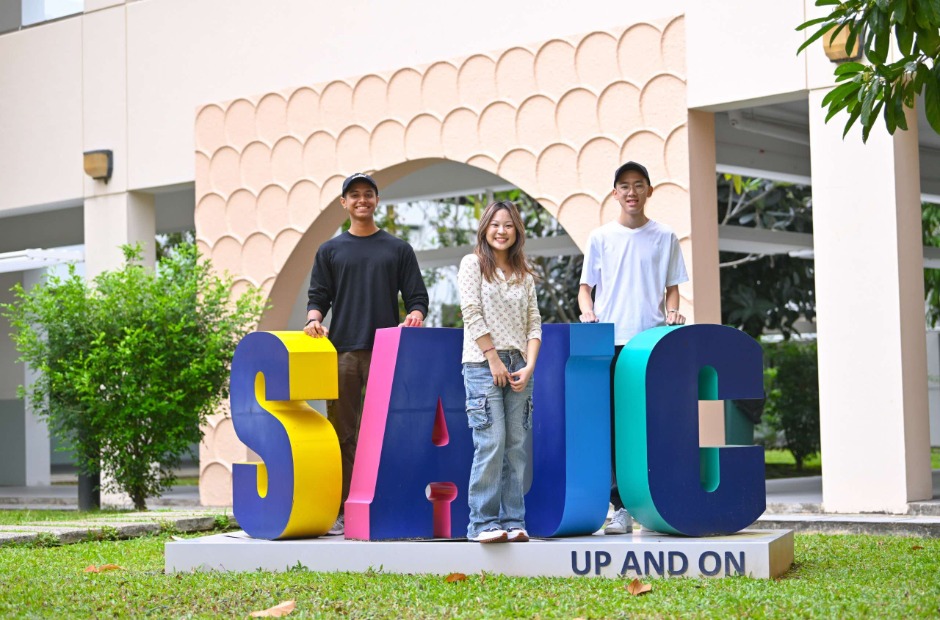Bringing melody to AI research into Alzheimer’s treatment
09 Mar 2023
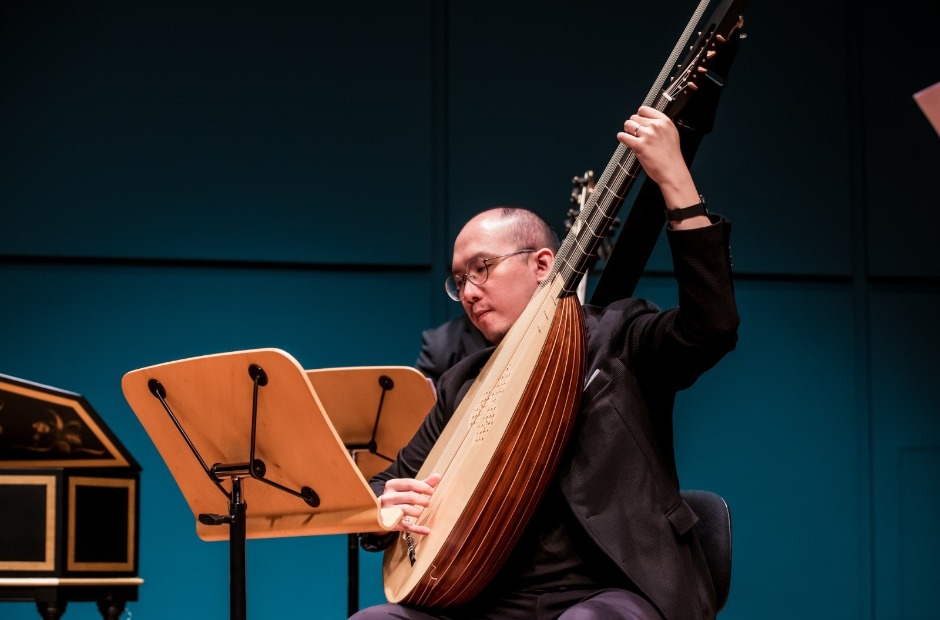
What do music and healthtech have in common? What about Audio-AI and a 17th century lute? SUTD PhD student and musician Christopher Clarke sees the connections. He talks about how his polytechnic education, music training, and audio business come together in an interdisciplinary path of education towards the development of healthtech solutions.
By Sabrina Lee
Singaporean musician Christopher Clarke had just presented his most recent research at The Audio Developer Conference in London, UK, on how neural networks that mimic the human brain can provide faster performance for audio computing. Explaining in broad terms, Christopher says, “Neural networks can simulate a violin without the need for an actual violin. They are a big help in creating music and sounds, enhancing efficiency and speed.”
The final-year PhD candidate at the Singapore University of Technology and Design (SUTD) is now specialising in Artificial Intelligence (AI) and how it can be trained to perform computations that would typically take more time using traditional computing methods. He is a member of the interdisciplinary Acoustics & Audio Research Group at SUTD led by Professor Jer-Ming Chen. Christopher participates in research that focuses on exploring the potential applications of AI in analysing acoustic signals in medical settings — for example, screening for Alzheimer’s.
The group’s work sits comfortably in an unconventional space – an intersection between acoustics and medical technology – where Christopher’s prior knowledge of speech and audio processing is being used to correctly classify Alzheimer’s patients from control subjects by examining their speech.
Christopher explains that the group’s research will not only allow for timely detection of Alzheimer’s, but also early intervention. “We’re currently developing AI that can provide insight into the severity of the condition.”
Even though research on detecting Alzheimer’s cues from audio is not new, Christopher is enthusiastic about the potential impact of the research. He says, “It is exciting to witness the strides we’ve made, and I hope that one day this leads to better and more affordable healthcare for individuals.”
Maths and music do get along
An early interest in playing instruments led Christopher to a Diploma in Music and Audio Technology from Singapore Polytechnic (SP). He saw his future purely in the world of music, so he followed up with a Bachelor of Arts (BA) in Music from The Liverpool Institute for Performing Arts, UK, and then a Master of Music (MMus) from the Yong Siew Toh Conservatory of Music, National University of Singapore (NUS).
Christopher plays an unconventional instrument called the theorbo. It is a long-necked lute-type instrument with 14 strings, which he picked up in his final year at NUS. “I enjoy collaborating with other musicians, and the theorbo is primarily used in ensemble performances. This makes playing it more enjoyable as compared to me playing my classical guitar which is more suited for solo performances,” he elaborates.
Christopher not only took music classes at NUS, he also used his time to explore innovative approaches to problem-solving, including probing how technology could be used to improve the music-making process. To make composing with a computer more fun and interactive, he drew on what he learnt in some Mathematics modules he took as a student in SP to develop a codebase for musical composition using stochastic methods.
“In music, stochastic methods can help create new songs by using random choices to decide which notes or rhythms to use. Simply put, it’s like flipping a coin to decide what game to play or rolling a dice to see what colour you should paint a picture. Of course, it runs much deeper than that,” he explains.
In other words, Christopher does not see music creation as a one-sided affair, but a lively conversation between man and machine.
Interdisciplinary work brings audio engineering and healthtech research together
“In polytechnic, I read beyond the syllabus by using online learning platforms. I consulted my lecturers on everything, volunteered to do extra work, and formed a few of my own study groups,” Christopher says. Because he could choose a course of study he liked, he found himself owning the path he had chosen.
Furthermore, he appreciated the flexibility of the polytechnic path as “each individual in the cohort was given the space to learn at their own pace”. This approach indirectly spurred him and his peers on to learn as much as they wanted, and to be generous in sharing their knowledge with one another. He understood from there what it meant to take charge of one’s learning, a lesson he intends to carry with him for a lifetime.

